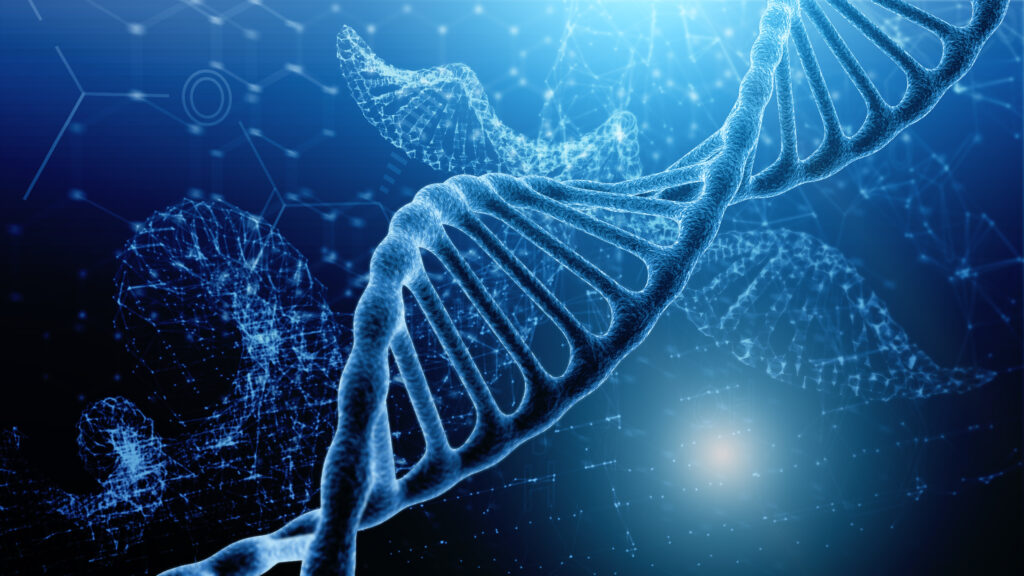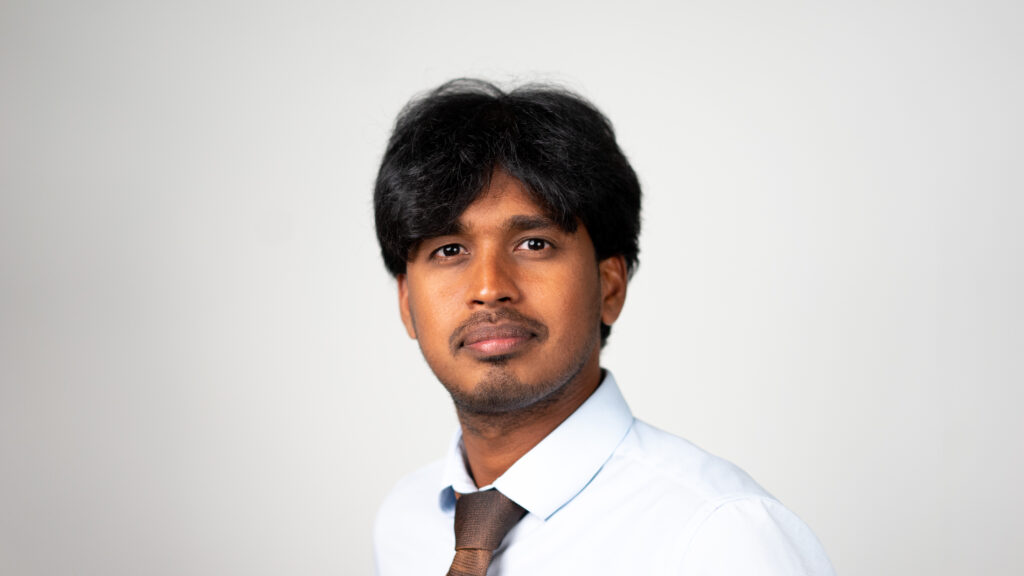This month our Salmon Ova Quality Manager, Rosana Estévez talks, about why aquaculture is a much more attractive industry for women than it used to be and what diversity means to her.
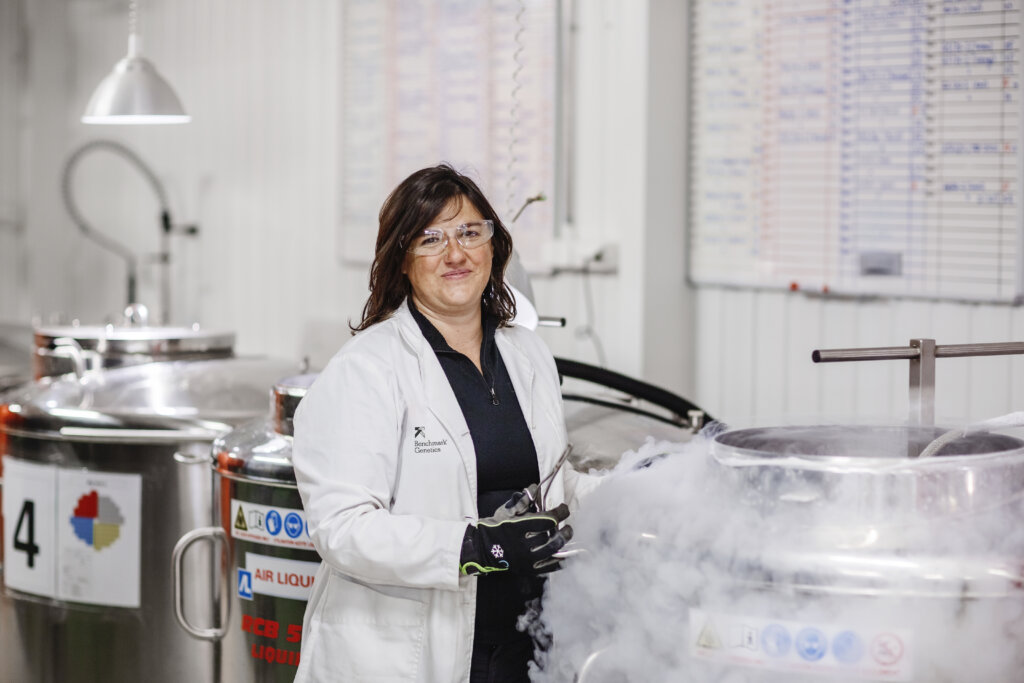
What attracted you to the aquaculture industry?
Aquaculture is an industry that, despite having developed over many years, still has room for innovation with sustainability as its ultimate goal. Science is essential to this development to meet the needs and demands of a society increasingly aware of environmental respect and welfare. For a scientist like myself, engaging in this evolution presents an exciting challenge. I am actively participating in the shift towards more sustainable aquaculture, and it is a very rewarding dream.
Can you tell us about your current role in Benchmark?
I am Salmon Ova Quality Manager for Benchmark Genetics, so I work on the cryopreservation of salmon milt and I supervise the technical staff. There are three cryopreservation labs, one in Iceland, one in Norway, and one in Chile. I also work on training of our employees, as it is a very specific job and we need to sure our team is following the procedure. Also, I supervising the inventory of the milt, as we need to know the numbers for the breeding candidates for our customers.
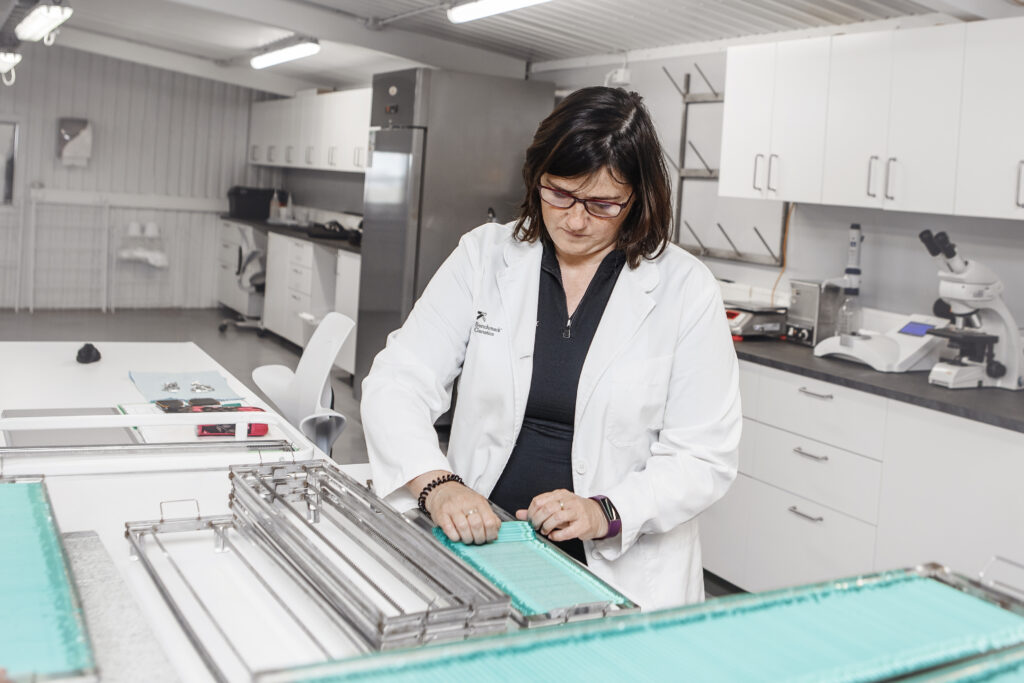
What would a typical day at Benchmark be like for you?
The most complicated part of the day is getting my teenage children out of the house and making sure they are on time for school. After that, the day becomes easier. Usually, when I arrive at the office, I go through my emails and organize tasks in order of priority. On Mondays, we review pending tasks for the week, both for Cryolab and the Ova quality project. For Cryolab, we organize the number of males to be frozen and the volume of milt to be used during fertilization that week. For the ova quality project, we review the quality parameters of the eggs reported by different countries and analyze if there have been any deviations, both in the control groups and from the client, conducting a “root cause analysis” and discussing it with the rest of the team. On Fridays, we evaluate the tasks completed during the week and plan for the following week if anything is left pending.

What do you enjoy the most (and least) about your role?
What I enjoy most about my role is the flexibility to propose and develop new projects. As the Ova Quality Manager, I am fortunate to be able to work with all production teams at Benchmark, which allows me to interact and learn from great professionals in the aquaculture sector. Perhaps what I like least about my position is the bureaucratic aspect, but that comes with the role of manager.
Tell us about the team you work with.
It’s a team that, despite being quite young, has exceptional training and a lot of eagerness to continue learning and evolving in the field of aquaculture. It’s a team with tremendous potential. I would also highlight the commitment and dedication of my team to the company, and especially to me as their manager, greatly facilitating my work.
Your role is Ova quality manager, can you tell us what excites you the most about your role?
Eight years ago, we started the project of salmon sperm cryopreservation with such exceptional results that, to be honest, we didn’t expect them ourselves. Two years ago, we began the ova quality project with truly satisfying results. Knowing that the effort and dedication of the team are reflected not only at the company level but also have a significant impact on the industry is an incentive to continue working as we have been doing.
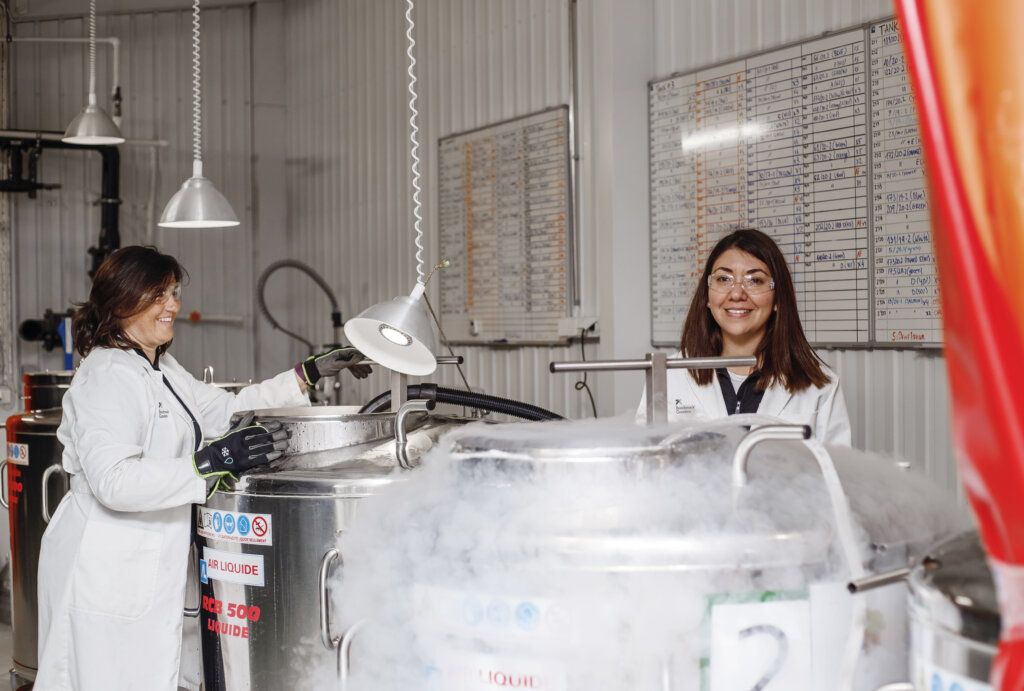
What is the best piece of advice you have been given in your career?
I remember when I started studying biology, I was always told that “biology would be the science of the future, but never of the present,” and that perhaps studying biology wouldn’t be the best decision. Luckily, my family encouraged me to study what I was truly passionate about. That was the best advice they could have given me. Now, I’m dedicated to something that I’m passionate about, and it’s very rewarding.
What is your recommendation to other women joining the aquaculture industry?
Even though it might seem like a man’s world, it isn’t. We can contribute a lot as professionals and as women. It may sound like a cliché, but we have a different way of analyzing and handling the various situations that arise throughout our professional lives – I would say, more empathetic.
What does diversity mean to you?
For me, diversity means richness, not only gender diversity but also cultural diversity. Right now, in my team, we have 4 women and 3 men from 5 different nationalities. It’s truly enriching (and fun) what each person brings to the team, and that’s something that would be lost without diversity.
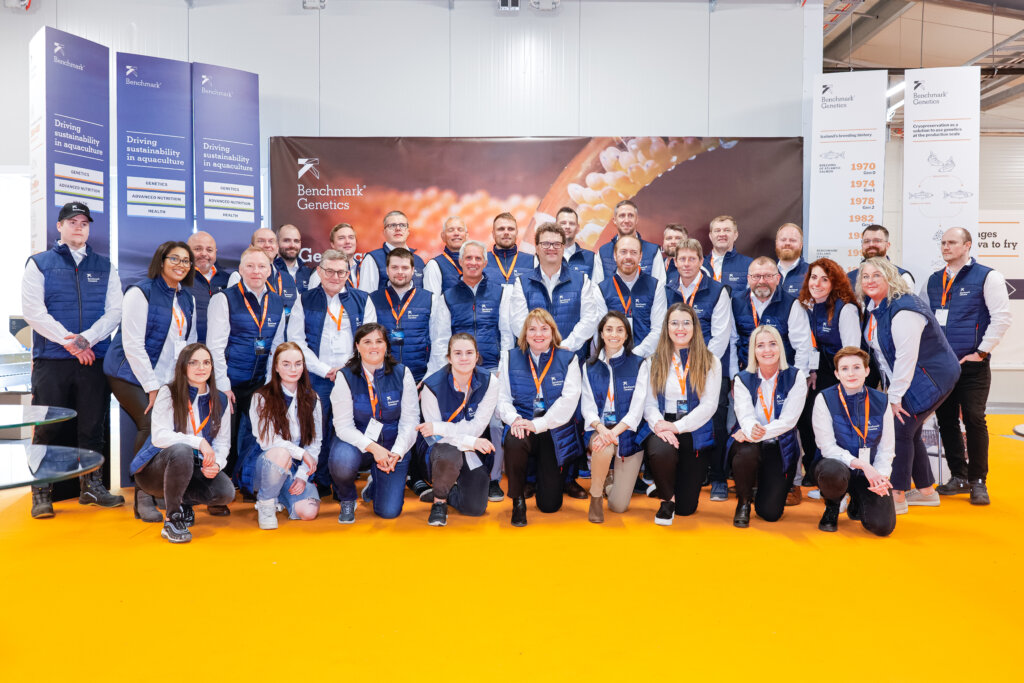
What did you think when joining the industry versus what you think today?
For me, aquaculture used to mean being part of the food industry, simply producing and selling. But after these years, I have to say that I’m very impressed by the approach and direction that aquaculture has taken over the years. Producing, being environmentally respectful, and being ethically responsible is by no means contradictory, and it’s being demonstrated with every advancement and every step. In the case of salmon, each generation is more resilient, robust, and efficient in terms of growth than the previous one, and there is still a long way to go. It’s fascinating.
What could Benchmark keep doing/start doing to attract women to the industry?
I believe Benchmark is moving in the right direction. As a woman, I feel supported by the company, and the same goes for the other women working with me. It’s important for us to know that we will be considered as professionals, without labels, and that being a woman or our role as mothers will not interfere with our professional growth.

Why is it okay to not be perfect?
I believe you learn more from mistakes than from successes. It’s not only important to know what works but also what doesn’t work and why. Besides, perfection is tremendously boring.
What do you enjoy doing outside of work?
As a true Spaniard, I love socializing and I can’t say no to a good conversation with family and friends, especially if it involves sharing good food. Besides that, I really enjoy reading and watching movies, although I would say that what excites me the most is traveling.
What’s your favorite meal?
Any meal is shared and accompanied by good conversation. But if I had to choose, I would say fried eggs with French fries and chorizo. It reminds me a lot of when I was little.
What’s your favorite aquatic animal, and why?
I’m fascinated by octopuses; they’re truly interesting animals. They have tremendous adaptability, great intelligence, and a remarkable problem-solving ability. What intrigues me the most about octopuses is that there are still many mysteries surrounding their behavior.



